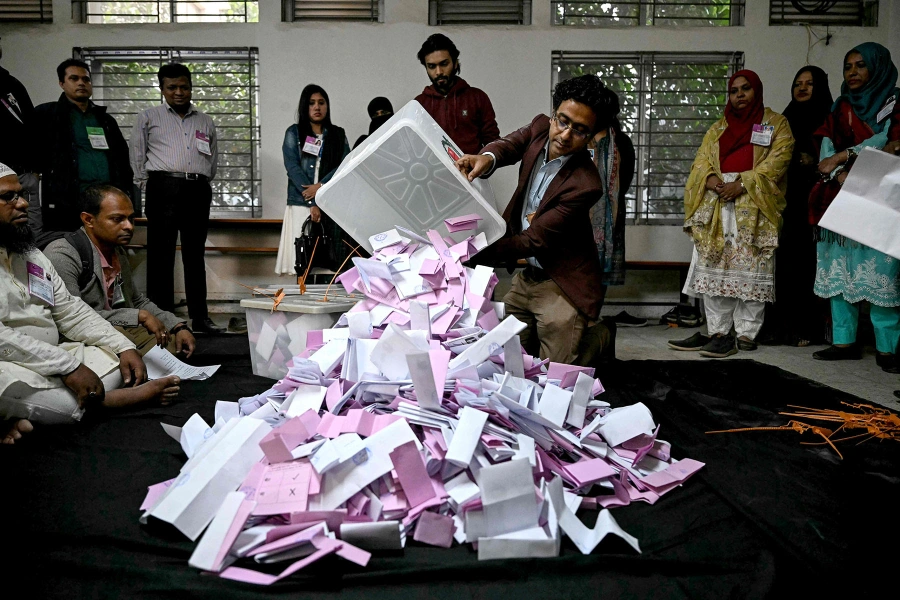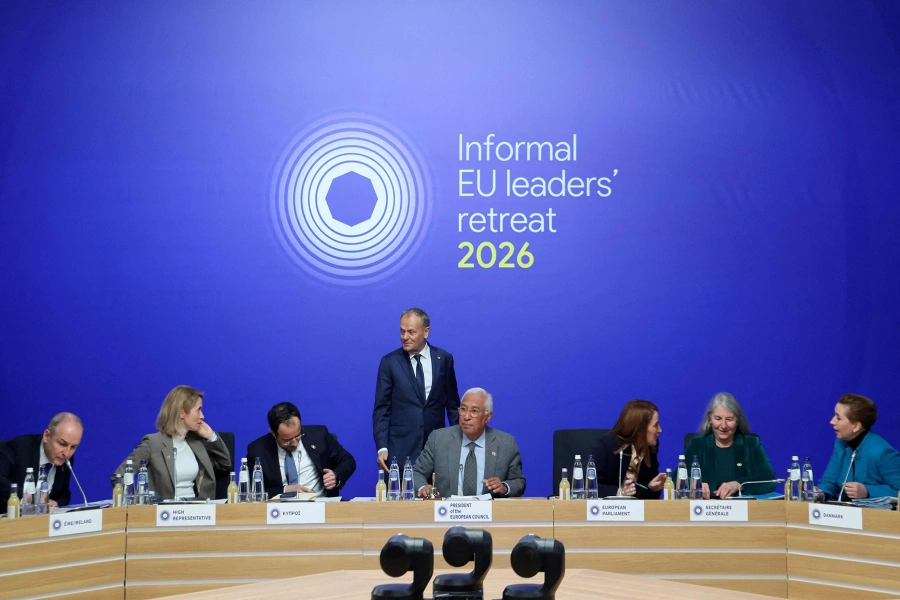Photot Courtesy: Twitter
With the increase in the use of smartphones and internet penetration, mobile banking has a huge scope in developing countries. Various research and studies have been published in African countries such as Kenya, Nigeria and other countries which shows mobile banking has decreased corruption and increased transparency. Since payments can be digitally traced when it is done through mobile banking, the cases of bribery have gone down.
Even though mobile banking connects people to financial services in a simple, secure and efficient manner, less than two percent of the population in Nepal uses it. Here are some of the popular myths that need to be broken for mobile banking to flourish in Nepal:
1. Myth: Mere SMS alerts is mobile banking
Fact: SMS alert is only a function of mobile banking
In Nepal, around 6.4 million users have registered to mobile banking according to a report published by Nepal Rastra Bank in December 2018. Even though the number of registered users have increased, less than 10 per cent of the total registered users actively use the mobile banking application, according to sources. Most of the users still think that the mobile alerts or the SMS’s that they receive after every transaction is mobile banking.
Desperate search for missing girls as nearly 80 dead in Texas f...

Many bank account holders are not aware that they have also paid for using a mobile application when they create a bank account and tick on the mobile banking option. Lack of awareness, resistance to change and low adaptability to new technology has resulted in the low number of users.
2. Myth: Mobile banking is expensive
Fact: Mobile banking helps you save
There was a time when people had to visit banks to deposit and withdraw cash and make payments. However, with the introduction of visa cards, cheque books were replaced. People started making payments in departmental stores, restaurants and shopping malls through visa cards. Now, with the increased awareness about mobile banking through various marketing campaigns, people are shifting towards becoming more digital and transacting through their handheld devices.
My mother feels that she would be spending more if she used mobile banking and it is expensive to use. However, the opposite is true. Using mobile banking will help in saving as one can get cashbacks, offers and discounts. Further, a user can save transportation cost, time and effort with mobile banking.
3. Myth: Mobile banking is catered to the young and urban
Fact: Mobile banking is for all
It might seem like mobile banking is catered to the young, educated and urban population of Nepal. However, this is not quite true. For some people residing in the rural area of the country visit to the nearest branch of the bank could be a four hours walk. The rural population who have to waste their entire day and spend extra money on transporting to make utility payment or visit a bank, reap maximum benefits from this facility. Further, people in the nooks and corners of the country have created a business out of mobile banking by providing financial services in simple, secure and affordable ways.
4. Myth: Mobile banking is not secure
Fact: Mobile banking is secure; a strong password is required
One of the concerns people have is security issues. What if I lose my mobile phone? What if I change my number? What if I can’t use it effectively? These questions arise in the mind of many users. However, mobile banking is quite secure. If you have a strong password or don’t share it with anyone it is quite safe to use. Especially with the biometric feature only you can access your mobile banking through your fingerprint.
5. Myth: Mobile banking is unreliable
Fact: Mobile banking is quite reliable
Recently my flight from Bhadrapur to Kathmandu got cancelled. I had booked my tickets through fonepay. Initially, I was worried if I would get the refund on time, where I would have to go. However, I just had to make a phone call and on the third day, I got my refund. I did not have to meet anyone or go anywhere for the refund. In new technology where the ecosystem is not yet digitised, problems do arise. However, it is not fair to assume that mobile banking is unreliable without even giving it a try.
People who still buy recharge cards and scratch or wait in long queues to transact through a bank or make payments will be labelled as ignorant in the coming days. Making payments through QR will not be a new thing starting from now in Nepal. Further, mobile banking promotes transparency which is the need of the hour.




































